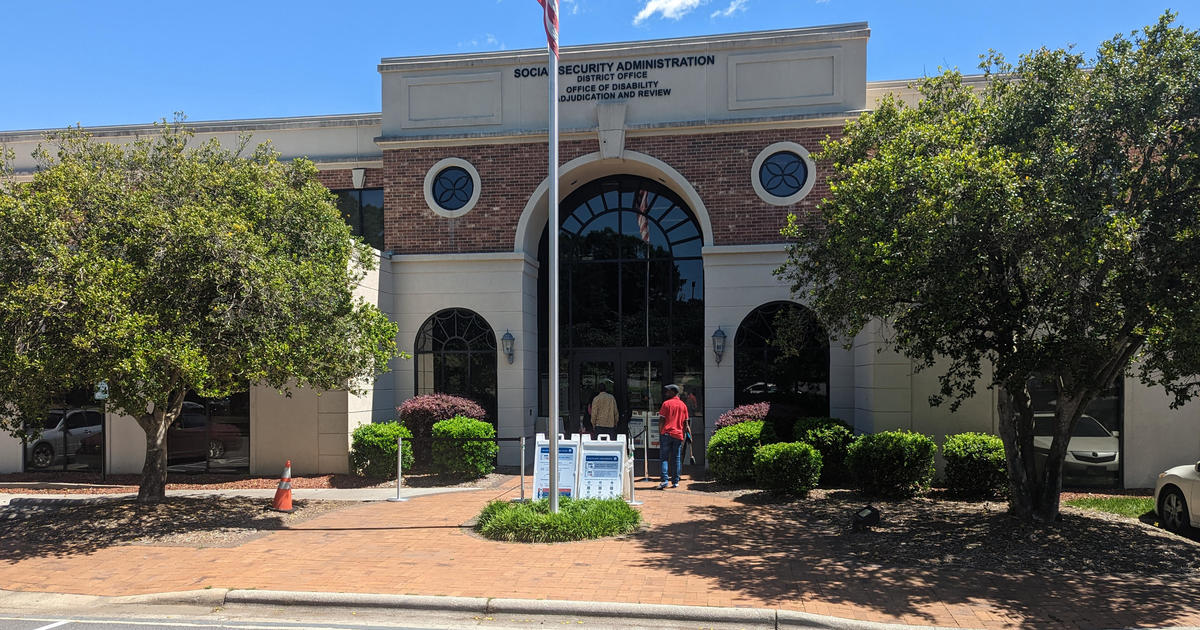
"A system in crisis": Dysfunctional federal disability programs force the poor into difficult choices
CBSN
Brenda Powell had suffered a stroke and was in debilitating pain when she called the Social Security Administration last year to seek disability benefits.
The former Louisiana state office worker struggled at times to write her name or carry a glass of water. Powell, then 62, believed she could no longer work, and she was worried about how to pay for medical care with only a $433 monthly pension.
Although the Social Security Administration agreed that Powell's condition limited the work she could do, the agency rejected her initial application for Supplemental Security Income. She had the choice to appeal that decision, which could take months or years to resolve, or take early retirement. The latter option would give her $302 a month now but might permanently reduce the full Social Security retirement payment she would be eligible for at age 66 and 10 months.

Americans are continually encouraged to sock away money in a 401(k) or other retirement plan to ensure a comfortable, if not cushy, life in their later years. Yet about half of all U.S. workers in the private sector lack access to an employer-sponsored retirement plan, a huge obstacle in building enough wealth to retire, a recent study finds.

Washington — Kilmar Abrego Garcia, a Salvadoran man who was mistakenly deported back to his home country and then returned to the U.S. for federal prosecution, may remain in federal custody, after his lawyers and prosecutors sparred over whether he would be deported immediately upon his release while awaiting a criminal trial.





















 Run 3 Space | Play Space Running Game
Run 3 Space | Play Space Running Game Traffic Jam 3D | Online Racing Game
Traffic Jam 3D | Online Racing Game Duck Hunt | Play Old Classic Game
Duck Hunt | Play Old Classic Game









